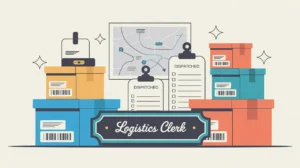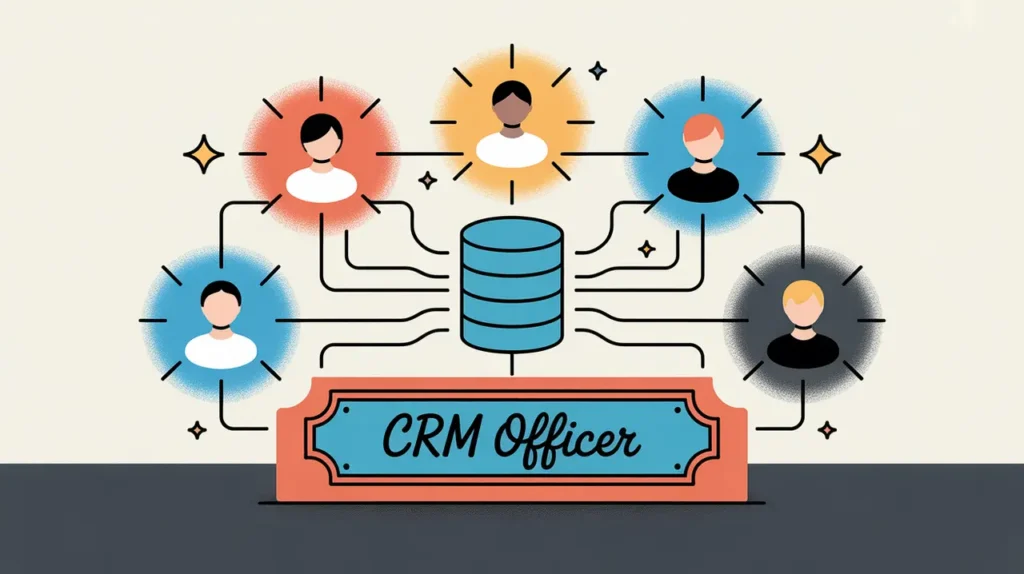What Does the Readiness Analyst Role Involve?
A Readiness Analyst is responsible for assessing, monitoring, and supporting the preparedness of an organization, program, or initiative to launch, scale, or adapt effectively. They analyze operational, strategic, financial, and stakeholder factors to identify gaps, risks, and enabling conditions that affect implementation success. Their work often involves gathering and synthesizing data, developing readiness frameworks, and advising teams on steps needed to strengthen execution capacity.
In nonprofits and social enterprises, Readiness Analysts play a critical role in ensuring that new programs, strategies, or organizational shifts are grounded in evidence and supported by the necessary systems, capabilities, and partnerships.
At What Level does this Role Operate?
Mid Level: Readiness Analysts typically operate with moderate autonomy, reporting to a Readiness Lead, Strategy Manager, or Program Director. They work closely with cross-functional teams across programs, finance, operations, and partnerships to conduct assessments and inform strategic decisions.
Relative Employability: Readiness Analyst roles are increasingly relevant in organizations undergoing growth, scaling, or transformation. They are found across nonprofits, foundations, development agencies, and social enterprises that prioritize data-informed planning and risk management.
Relative Pay Scale: Readiness Analysts generally occupy the mid pay band. Their compensation reflects their analytical responsibilities and strategic contributions, sitting above assistant roles but below managerial or lead positions.
What are the Key Responsibilities and Activities?
- Conduct readiness assessments for programs, initiatives, or organizational functions using structured frameworks
- Analyze data across operational, financial, human resource, and stakeholder dimensions to assess preparedness
- Identify gaps, risks, and enabling conditions that affect implementation or scaling
- Prepare reports, dashboards, and presentations that synthesize findings and recommend actions
- Collaborate with teams to prioritize readiness interventions and track progress over time
- Contribute to the design and refinement of readiness tools, methodologies, and indicators
- Support scenario planning and risk analysis to inform strategic decision making
- Engage stakeholders to validate findings and ensure alignment with implementation goals
What Core Competencies and Qualifications are Needed?
Required Qualifications and Experience
The following reflect common qualifications and experience expected for this role, while recognizing that pathways may vary by context, organization, and region.
- Relevant academic background in business, public policy, international development, data analysis, or related fields
- Several years of experience in program planning, operations, strategy, or data analysis
- Familiarity with readiness assessment frameworks, risk analysis, or performance monitoring
- Strong analytical and communication skills, including experience preparing reports and presentations
Key Competencies
- Analytical thinking and ability to synthesize complex data into actionable insights
- Strategic and operational awareness to assess organizational systems holistically
- Strong communication skills for presenting findings clearly and persuasively
- Attention to detail and rigor in methodology and documentation
- Ability to work collaboratively with cross-functional teams
- Adaptability to shifting priorities and evolving strategic contexts
How are AI and Automation Shaping this Role?
An AI-native Readiness Analyst can use AI to automate data collection and analysis, apply predictive modeling to assess future risks, and generate readiness dashboards in real time. AI tools can scan operational data to identify bottlenecks, forecast capacity needs, and suggest mitigation strategies. Automation can streamline the assessment process, allowing analysts to focus more on interpretation, strategic advising, and stakeholder engagement.
What Career Pathways and Transferable Skills are Associated with this Role?
Readiness Analysts can progress to roles such as Readiness Lead, Strategy Manager, Program Manager, or Operations Lead. Their skills in data analysis, risk assessment, and strategic planning are transferable to roles in organizational development, program design, and transformation leadership. Over time, they may lead readiness functions, manage complex scaling initiatives, or guide organizational change strategies at senior levels.







